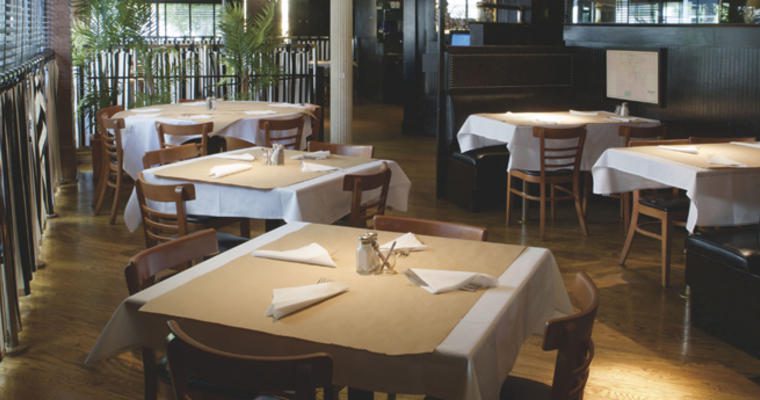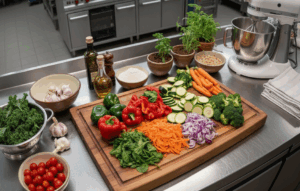Every restaurant experiences a slow season and for many, it’s the post-holiday lull of January and February. While seasonal sales swings are inevitable, proactive measures can get more people coming through the doors.
How to Build Sales During Slow Months
Plan Ahead
“A yearly marketing calendar is a must,” says Grocery/Bakery Specialist Bill Barker. “There are all sorts of ways to lift your business out of the doldrums, but, if you don’t decide in advance what you’re going to do and commit it to paper, it’s a lot less likely to get done.”
“In advance” is the key phrase here. You may not have the time (or energy) to create a marketing calendar in November and December. So do it in September or October.
Modify Your Menu
“Slow times are great times to focus on your menu,” says Commercial Segment Specialist Vicki Thompson. “Look at what did and didn’t sell when you were busy. Identify what’s really profitable and what’s not. Think about incorporating new recipes and food trends.”
Use Specials and Limited-Time Offers (LTOs)
Downsizing your core menu in slow months can help minimize inventory and waste.
“Run seasonal specials that are here today, gone tomorrow,” recommends Customer Development Specialist Brad Ritter. “These can be profit drivers and a good test tool for future menu items.”
Engage the Community
Customer Development Specialist Thomas Sistrunk suggests reaching out to community groups. Offer a small savings to ticket-stub holders after games, faculty with a school ID, military responders or athletes in uniform. Also consider working with the local convention bureau or chamber of commerce to help coordinate a Restaurant Week-type event.
“Those organizations can put a lot of marketing muscle behind the effort,” adds Geoffrey Bonham, Commercial Segment Specialist.
Make it Special
Brenda Adler, southern Florida-based Product Specialist for Grocery/Bakery, recommends creating promotable occasions.
“Some Latin restaurants here will make a big event out of a Saturday barbecue,” she says. “They’ll roast a whole pig in a caja china box in their parking lot so passersby can see and smell it. It attracts a lot of attention.”
Theme dinners built around wines, craft beers, sports events and global cuisines, or cooking lessons, and/or local events can also be big attention-getters and business-builders during the slow months.
Create Excitement
“I learned this from an operator who has had great success year after year,” says Sales Manager Dustin Windau. “He gives out holiday cards that contain a level of discount from 5 percent to 100 percent. But the cards can only be opened by a server at the restaurant in January or February.”
Get Social
Any sales-building strategy depends on getting the word out to customers. The most effective means for that is social media, says Customer Development Specialist Tony Mamais. “Facebook, Twitter, and Instagram are ideal for keeping customers informed about what you’re doing in the slow months and enticing them to come in more often.”
Send a Text
Text-message marketing can also boost awareness and sales in the slow times, maintains Mamais and Jones.
“I’ve seen operators get a 30-percent jump in sales on nights they use text blasts,” Jones says.
Enlist Your Employees
Once you get customers in the door, you should try to get them to spend as much as possible, Barker maintains.
“Train servers to push menu selections that enhance margins and boost check revenues and to always suggest trading up on cocktails and desserts,” he advises.
Raise Your Prices
Implementing price hikes in slow months means there are fewer customers to raise a fuss. Do it right, and there may be no pushback at all.
“We advised an operator to raise his prices to bring them in line with market conditions,” says Commercial Sales Manager Dan Dahir. “He distracted customers from pricing by changing the menu design and layout at the same time. Not one customer mentioned the new prices.”
The Bottom Line
There’s one thing all our respondents agreed on: Deep discounting is not the way to go.
“That’s just training customers to expect similar deals during the busy months,” Bonham says. “Focus on your strengths and what sets you apart from the competition.”











